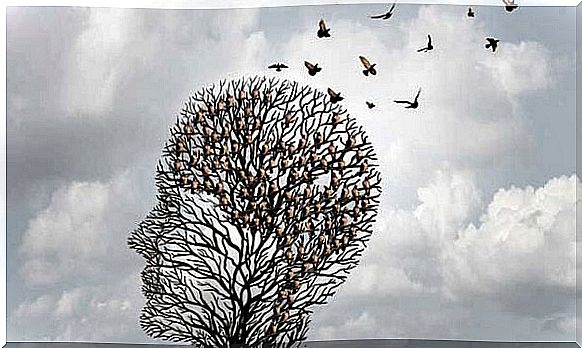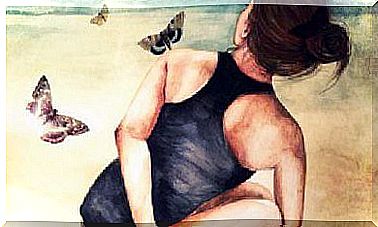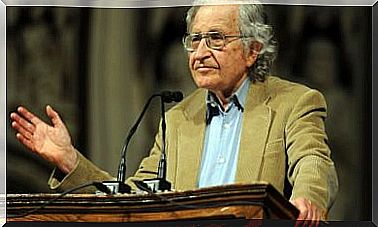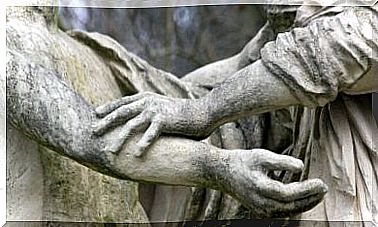Having A Child With Alzheimer’s Disease

“Mom, I have Alzheimer’s and I want to say goodbye to you because I will not be able to soon.” This is what Mari said to her mother after she discovered at the age of only 48 that she was suffering from this disease. It has always been a disease linked to old age, but too many parents are forced to experience the nightmare of having a child with Alzheimer’s.
Alzheimer’s is a neurodegenerative disease that causes cognitive impairment and that certain brain functions are disrupted. Its main consequence is memory loss, which causes forgetfulness so severe that the person eventually does not recognize his own family. Who is at risk? People over 65.
Several years ago, we did not think that children needed to worry about Alzheimer’s unless this disease affected their parents. However, the roles have now changed. Many parents today are forced to care for children with Alzheimer’s.
Jason was a young, lively, hard-working 36-year-old American. But less than a year later, he had to write notes in his hand to remember things. One day he even got lost on the way to his home. In the winter of 2012, he could not even put up the Christmas lights on the house.
He was very confused. He began to doubt everything, so he decided to see a psychologist who sent him to a neuropsychologist. After many tests, the diagnosis was clear: Jason had Alzheimer’s at only 37 years of age. His life was short – he died in 2013.

The cases of Jason and Mari are not uncommon. Early Alzheimer’s reaps the lives of many young people; people who have just started families and started reaching their goals. The disease comes just as they turn their eyes to the future with eyes full of hope and dreams of what they may experience.
But this disease begins with transient forgetfulness and “normal” memory problems. These can be warning signs of a disease with unclear causes.
Another important issue about Alzheimer’s is its origin. There is some controversy about this, because not many people are affected by genes or family history. However, there is something to keep in mind. Alzheimer’s can also be linked to traumatic events, physical or psychological, as well as type 2 diabetes.
“I do not remember what I was looking for”, “I forget things quickly”, “when people wonder why I ask the same thing twice I feel ashamed and lock myself in the bathroom to cry.” This is how 54-year-old university professor Carmen García describes her experiences with this disease.

The early warning signs can be very subtle. So much so that we may be ignoring them. But they deserve attention because they can be an early version of this disease. What should we look for?
- Forgetting recently learned information and starting to need more and more help to remember things (dates, events, etc.).
- Difficulties with concentration, solving problems and that things take much longer to perform.
- Problems driving or paying bills.
- Disorientation in time or space.
- Problem with word usage. Not being able to find a synonym or pronounce a word.
- Lack of initiative and mood swings.
Many people feel overwhelmed when they find out they have a child with Alzheimer’s. Every time they think about it, they can just cry. Alzheimer’s is a very complicated disease and still lacks a cure.
Previously, it was the older generation that had to go through it, but now the younger generation is also forced to do so.









